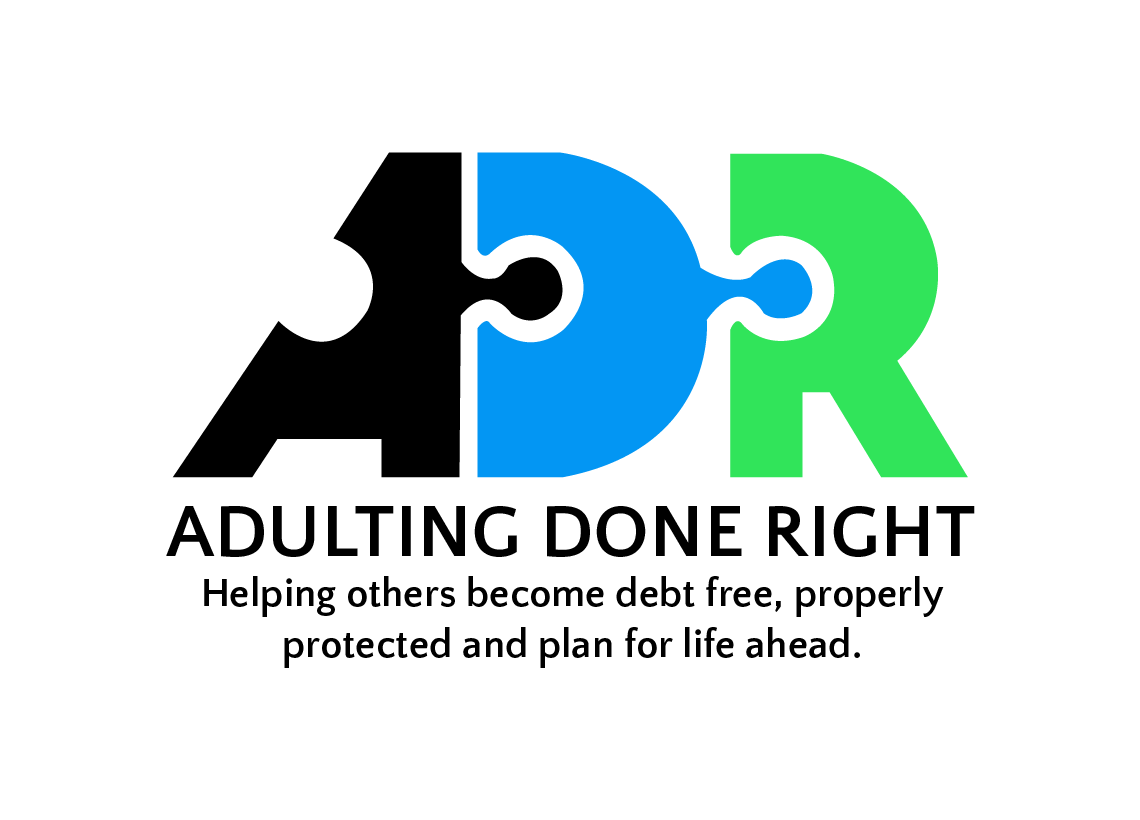Estate Planning
Estate planning is the process of preparing for the distribution of your assets and the management of your affairs after you die or become incapacitated. Estate planning is important for several reasons:
- Protect Your Assets: Estate planning can help you protect your assets and ensure that they are distributed according to your wishes, rather than being subject to the laws of intestacy or the decisions of a court-appointed guardian.
- Minimize Taxes and Fees: Estate planning can help you minimize taxes, probate fees, and other costs associated with the distribution of your assets, thereby preserving more of your wealth for your loved ones.
- Avoid Family Conflict: Estate planning can help you avoid family conflict by clearly stating your wishes and providing a roadmap for the distribution of your assets.
- Provide for Loved Ones: Estate planning allows you to provide for your loved ones, ensuring that they are taken care of financially after you’re gone.
- Appoint a Guardian for Minor Children: Estate planning allows you to appoint a guardian for your minor children, ensuring that they are raised by the person you choose if you are unable to care for them.
- Plan for Incapacity: Estate planning can help you plan for the possibility of becoming incapacitated, allowing you to appoint someone to make decisions on your behalf and manage your affairs if you are unable to do so.
- Peace of Mind: Estate planning provides peace of mind, knowing that your affairs are in order and that your loved ones will be taken care of after you’re gone.
In conclusion, estate planning is an important process that helps you protect your assets, minimize taxes and fees, avoid family conflict, provide for your loved ones, appoint a guardian for your children, plan for incapacity, and giveyou peace of mind.



